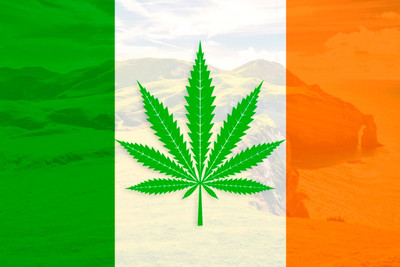.

Cannabis Cultivation: Breaking the Stigma Around the Herb
Cannabis has been stigmatised for almost a century. Civilisations have banned the herb in the past, but propaganda during the 20th century drove anti-cannabis sentiments to a fever pitch. The herb still carries this weight, but things are changing for the better. Professionalisation in cannabis cultivation is changing how people view the herb.
Contents:
Every culture has its taboos; engaging in certain behaviours comes with a degree of shame. While some actions are inherently immoral and deserving of stigma, others are viewed as negative through social engineering. Cannabis serves as a perfect example of the latter. Humans cultivated the herb for thousands of years to build, nourish, and heal. Although prohibition reared its head several times over the past few centuries, the efforts to vilify cannabis during the 1900s still impact the way most societies view the herb today.
Below, you’ll find out why so much residual stigma clings to cannabis. Once we get to the bottom of that issue, we’ll show you how this mark of shame still impacts the industry. But things are changing for the better; positive transformations within the cannabis market, particularly within cannabis cultivation, are likely to flip rampant stigma on its head and transmute it into respect.
Why Does So Much Stigma Surround Cannabis?
One word: propaganda. There are two ways to look at reality. The first involves objectivity. When we harness the scientific method and do our best to cast bias aside, we often produce repeatable and consistent results that paint a solid picture of the truth. The second way involves ideology. When we abandon objectivity and instead gaze through the lens of bias, we skew reality in favor of our own desires, goals, and intended outcomes.
What does this have to do with cannabis? Even a brief look at the history of the herb during the 20th century will reveal obscene claims, malevolent characters, and foul play fueled by prejudice and menace instead of objectivity and truth.
Cannabis was featured in the United States Pharmacopoeia from 1850–1942. Long before this, myriad cultures used the herb for holistic reasons, ranging from ancient China and Japan to the Middle East.
So what happened? Why did one of our oldest botanical allies suddenly get dropped? In the United States, propagandists that supported cannabis criminalisation launched a yellow journalism campaign based on lies and racism. Anti-cannabis sentiments started to brew in the 1930s, reaching a fever pitch following the release of Reefer Madness in 1936—a film that links cannabis use to hallucinations, attempted rape, and murder.
This fictional hit did its job, and officials passed the Marihuana Tax Act in 1937, enabling the control and taxation of all cannabis sales. Harry Anslinger, the man behind the legislation, continued to dirty the public image of cannabis. Anslinger stoked racist lies and spread the word that cannabis induced hellish violence, especially in Black and Hispanic communities.
Over the next few decades, militarised language started to enter the debate. President Nixon initiated the War on Drugs with the Controlled Substances Act of 1970. This made cannabis public enemy number one, and shoved the herb into the Schedule 1 category alongside heroin and cocaine.
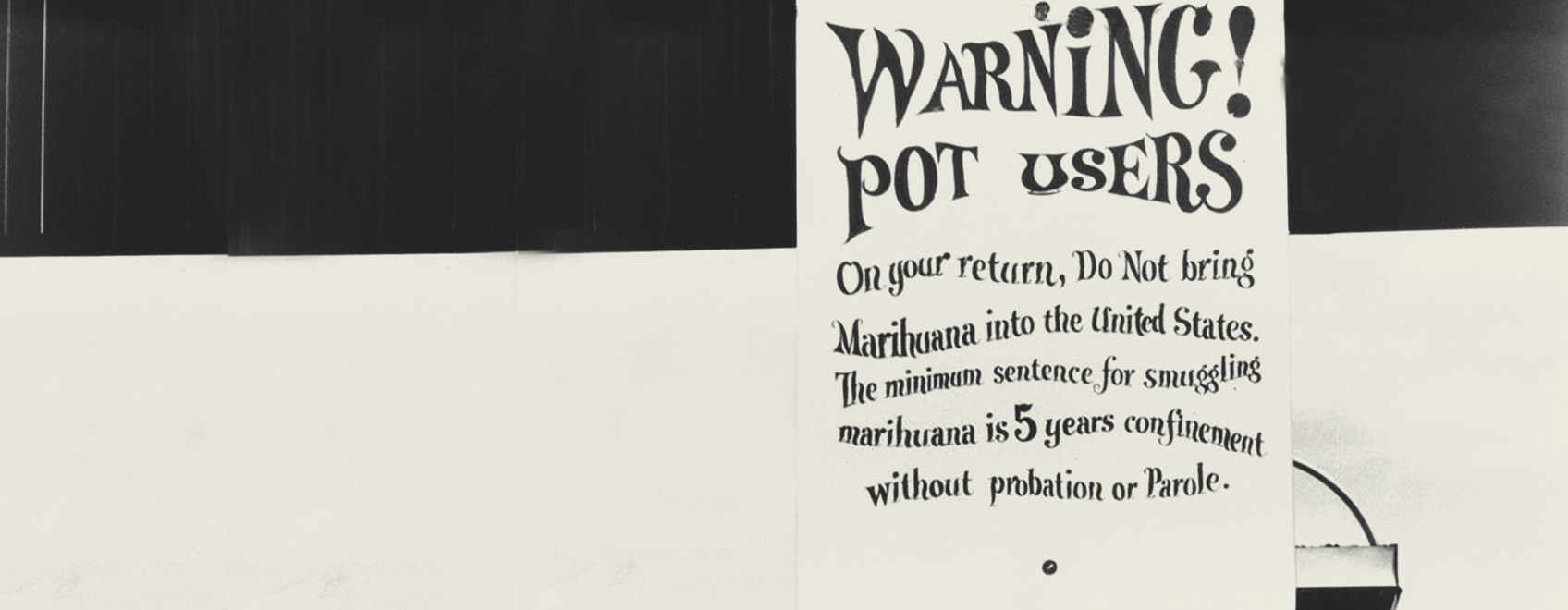
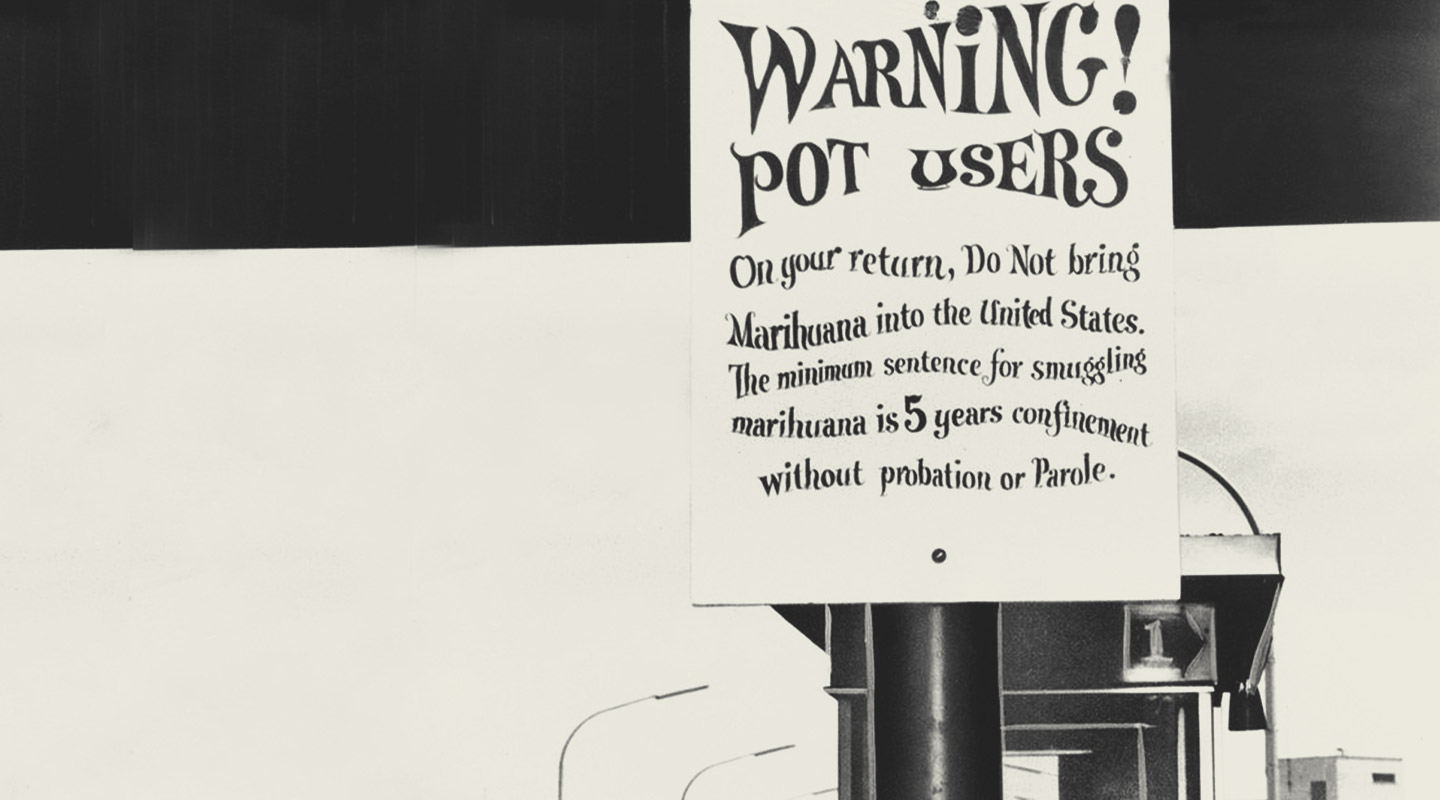
The Global Impact of Cannabis Prohibition
Of course, cannabis prohibition had a global spread. While some point to a masterfully orchestrated conspiracy at the helm, it more likely boils down to something inherent to human nature. Undoubtedly, those with a vested interest and strong lobbying presence have played a significant role in prohibition—but much of the bias comes from people judging something that they don’t understand.
Without the science to explain the cannabis high, different cultures came up with their own interpretation. The Hindu Vedas state that a guardian angel lives in the leaves, whereas prohibitionists often associate the shift in consciousness with insanity.
Although much of the exaggerated fear behind cannabis has dissipated, the herb remains unjustly criminalised in most countries, and stigma around it still exists even in nations with legal cannabis marketplaces.
Medical Cannabis Users Also Bear the Brunt
Thankfully, we’re seeing some progress, with several countries legalizing the herb to some degree. But the waters remain murky. Legal gray areas make matters confusing, and the residual stigma means medical cannabis users are left without concrete advice.
A total of 36 states in the US have approved medical cannabis programmes, but the plant remains a Schedule 1 drug at the federal level. This inconsistent classification leaves some employers feeling concerned, and means medical users may risk losing their jobs or getting dumped before completing the interview process. Reports from Pennsylvania[1] detail veterans with PTSD and back issues missing out on job opportunities because they were honest with potential employers about their medical cannabis use.
Again, we see a clash between sound objectivity and irrational bias. The Drug Enforcement Agency (DEA) in the United States classifies cannabis as a Schedule 1 substance on the grounds that it has a high potential for abuse and poses no currently accepted medicinal value. A host of research paints a different picture. Alcohol and tobacco are also freely available, and easily fulfill the Schedule 1 criteria.
Even in legal regions, medical cannabis users are still suffering from the aftershock of prohibition from many decades past. But this stigma doesn’t just impact individuals—it takes a toll on the entire professional cannabis market.

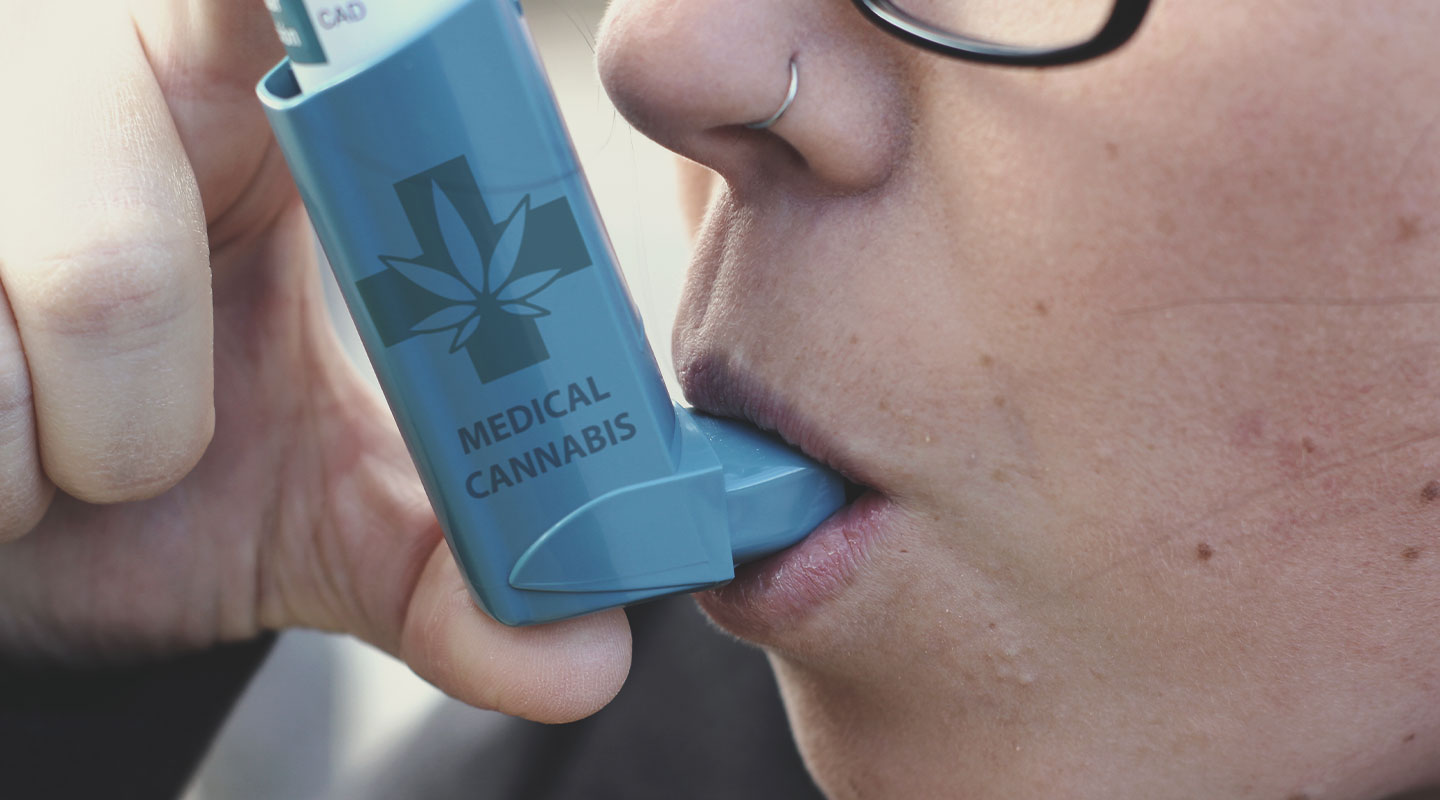
Cannabis Stigma: How It Affects the Professional Market
How exactly does cannabis stigma affect the current market? First and foremost, it prevents it from even existing in many countries—apart from the highly successful black market. Countless nations are slamming the breaks on their own economic growth by keeping cannabis prohibited.
Meanwhile, the state of Colorado shows what happens when legislators break down these walls. Over the last six years, the state collected over $1.6 billion in marijuana taxes and fee revenues. Not only are nations such as the United Kingdom missing out on some serious cash, but they’re inhibiting the creation of thousands of businesses and the acceleration of critical research and development.
But businesses that operate within a legal framework also suffer the consequences of cannabis stigma. PayPal dominates commerce, and currently boasts 403 million active consumer accounts and 29 million merchants. However, PayPal has placed cannabis on its “restricted items list”, which means companies selling anything related to cannabis, including glassware and CBD products, are prohibited.
We’ve experienced our fair share of discrimination at Royal Queen Seeds. Our company gained tens of thousands of five-star reviews of Trustpilot until the consumer review website kicked us to the curb because of the cannabis-orientated nature of our business.
The Professionalisation of Cannabis Cultivation
You’d think cannabis would be on its last legs at this point. Quite the opposite. There are many innovative minds within the marijuana space; in many ways, prohibition forced growers and breeders to come up with ingenious solutions to draconian setbacks.
From Attics to Greenhouses
The professionalisation of cannabis cultivation continues to change the face of the herb. Many people associate cannabis operations with those shown on cop shows and in newspapers. These setups usually manifest as attics lined with tin foil and basements equipped with shoddy lights and extractor fans. People have become so used to this sight that it just screams criminality.
But legalization in some countries has allowed entrepreneurs and innovators to employ the latest horticultural techniques to benefit consumers and the industry as a whole. Large-scale greenhouses equipped with automated irrigation systems and atmospheric control eviscerate the “criminal appearance”, and instead present cannabis as a sensible cash crop worthy of scientific investigation and serious investment.
In truth, the growers and breeders that worked—and continue to work—hard during prohibition set the stage for this progress. They are responsible for many of the prized genetics available today, not to mention the methods of biological control and feeding at our disposal.
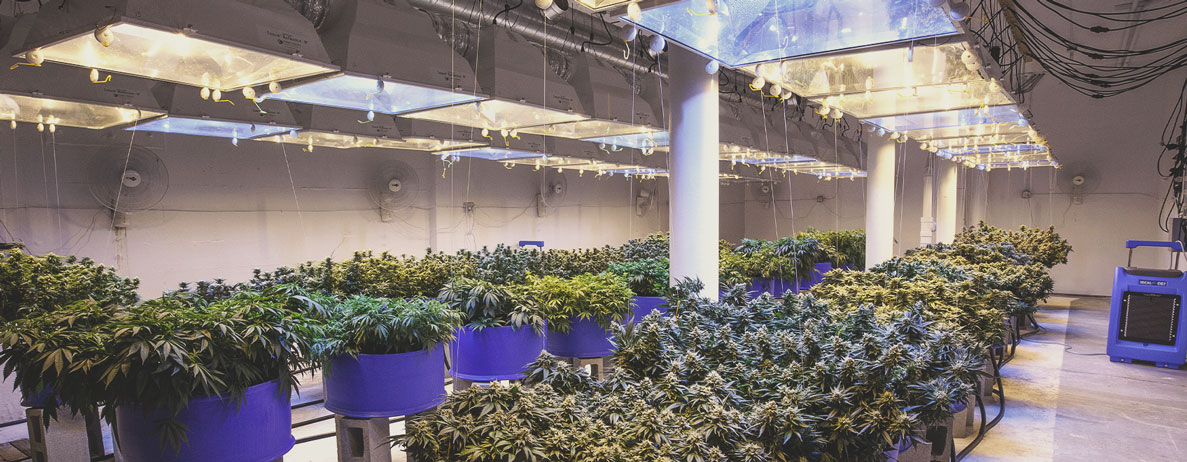
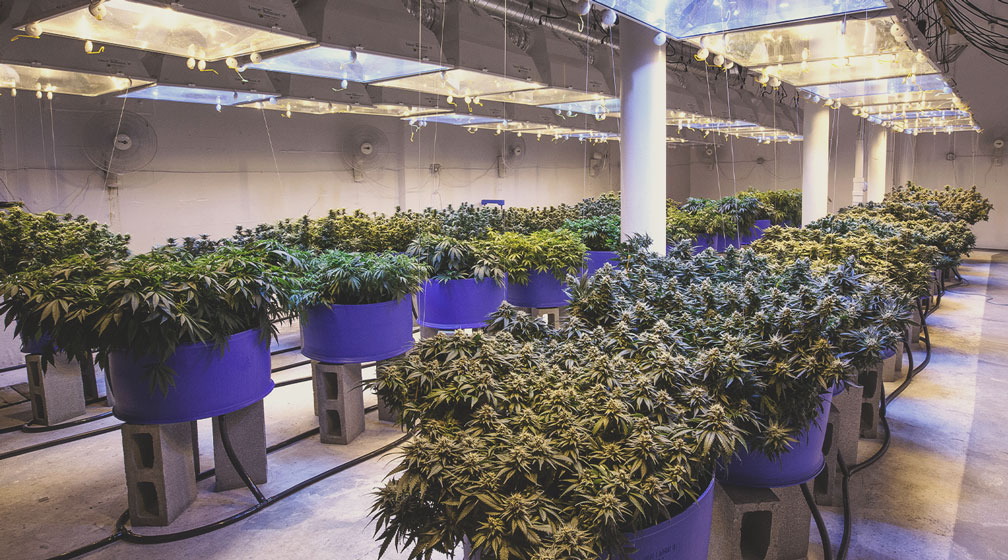
The New Age of Cannabis Growing Technology
Now we’re witnessing the fruits of their labor. Vertical farming operations and massive hydroponic cannabis grows use these genetics and techniques to push the boundaries even further. Many leading cannabis companies hire professional botanists, skilled breeders, and cultivation experts to optimise production, and are even branching out into the futuristic domain of artificial intelligence to run complex weed growing systems.
Large-scale cannabis growers are also closely following the latest data acquired by cannabis researchers. As new findings regarding cannabinoids, terpenes, and other constituents become available, growers and breeders continue to develop cultivars that offer higher levels of novel compounds.
Although massive greenhouses and automated systems are impressive, another sector within the industry is carving out a local, organic, and sustainable niche. Hundreds of professional cannabis cultivators in the United States produce all of the inputs necessary to build healthy living soils with minimal impact on the environment.
But professional operations aren't the only ones benefiting from new technology; hobby cannabis growers are also able to produce a supply without utilising harmful chemicals or super-hot lighting systems. Instead, as cannabis grow tech and lighting have improved, individuals can now run an indoor grow using safe LED systems and organic nutrients to see their plants to a successful harvest!
All of these amazing efforts are slowly but surely replacing cannabis stigma with respect, reverence, and fascination. Even the most sceptical of opponents can’t help but turn their heads when they hear about the economic benefits and incredible investment opportunities.
The Potential of Hemp Farming
Who doesn’t respect farmers? Society looks favorably upon this profession. They’re the reason we have food to plate up every evening, after all. You’re probably used to seeing fields full of corn, wheat, and barley. But many farmers are making the switch to cultivating cannabis.
Tall and fibrous varieties low in THC (known as hemp) are an attractive option to farm owners. The seeds are a nutritious food source, the fibres are a superb material for making rope, paper, and other materials, and the CBD-rich flowers are a valuable item to boot. The 2018 Farm Bill[2] in the United States allowed for broad-scale hemp cultivation, and put no restrictions on the sale, transport, or possession of hemp-derived products.
Many countries within Europe also make large profits from hemp farming. But hemp doesn’t only excite those with an economic mindset. The plant also slots nicely into the efforts to heal our planet, and serves as a bastion of hope to those with a soft spot for sustainability. Hemp produces more durable products than those derived from cotton, requires fewer chemicals to grow, and helps to remove pollutants from the soil through bioremediation.
Is Professionalisation in the Cannabis Space Shifting the Paradigm?
Sure, cannabis has had a rough century. But things are changing for the better. Impressive growing operations, scrutinous research and development, and economic transformation are changing the face of the herb, and how individuals and governments view cannabis as a whole. We’ve made it a long way, and the next decade should hopefully squash the last of the stigma still weighing on the herb.
And thanks to the developments made by mavericks within the cannabis industry, hobbyists can now produce homegrown cannabis far exceeding that which was achievable decades ago. As we see the professional industry develop, the quality and efficiency of home setups will only improve in kind. Lucky us!
- Pain or a paycheck: how medical marijuana can impact employment in Pennsylvania https://www.abc27.com
- The Farm Bill, hemp legalization and the status of CBD: An explainer https://www.brookings.edu


























